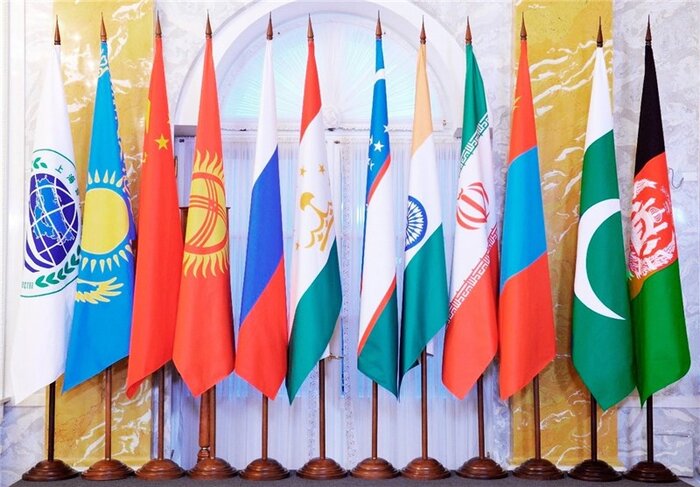These problems which largely stem from uneven distribution of wealth, neglecting livelihood and advancement opportunities and the grounds for foreign influence are more tangible in some SCO member-states and insignificant in some others.
The SCO has introduced itself as an impartial and non-military organization in its charters and the question is how its members can eliminate these factors that can lead economic plan to failure.
Afghanistan at the core of SCO
Expansion of terrorism dates back to the Soviet Union era, when Mujahidin in Afghanistan were in a fight with the invading USSR army in 1980s and at the same time, terrorist groups like al-Qaida were taking shape in tribal areas of Pakistan to later enter Afghanistan to fight against the Soviet army.
Afghanistan hasn’t seen even one day of peace during the last 50 years, since multiple coups in the 1980s and the Soviet invasion followed by the Taliban takeover after defeating the Soviets and then the fall of the Taliban by US occupation of the country which lasted until a few weeks ago when the Taliban took control once again.
Central Asia affected by Afghanistan
Any development in Afghanistan, positive or negative, has an effect on Central Asian countries that are considered somewhat of a security belt shielding Russia from waves of terrorism.
Tajikistan, Uzbekistan and Kyrgyzstan to a larger and Kazakhstan to a lesser extent receive the direct impacts of the security shocks in Afghanistan.
Russia
Russia, as one of the most important members of the SCO, is well aware of the importance of its southern neighbors in Central Asia, knowing that the waves reaching the region could soon hit the Russian Federation soil.
In addition to Central Asia, Russia has also eyes on the Caucasus – a region that has had the greatest contribution in supplying Jihadi forces for terrorist groups.
China
China, the other influential and a founding member of the SCO, is vulnerable to terrorism through its western borders, as the Xinjiang Uygur Autonomous Region (XUAR) has a great potential to grow extremism and is also a potential leverage being used by the US against China.
The Wakhan Corridor is a significant connection ground for extremist ideology to travel through China. And that’s why Beijing has tried to maintain communication channels with the Taliban in recent developments in Afghanistan.
India
Joining the SCO in 2017, India is another important member of the organization, as it is growing to become a global economic power. With regards to extremism, India is faced with two challenges: Kashmir and Afghanistan.
Indian has been so sensitive to the developments in Afghanistan, as they believe that their rapid economic growth and their position in global economy would be in danger by activation of extremism fault lines.
SCO’s crisis containment function
Although the organization’s charter highlights its non-military nature, everyone knows that economic growth requires sustainable security and the SCO is in need of ensuring the region’s security to establish the basis for trading.
This might be the most important function of the SCO. The member-states can enjoy its benefits only if the whole region enjoys security. SCO members, as a result, need to cooperate in fighting terrorism and extremism which is only possible through collective collaboration.
9416**2050
Follow us on Twitter @IrnaEnglish
